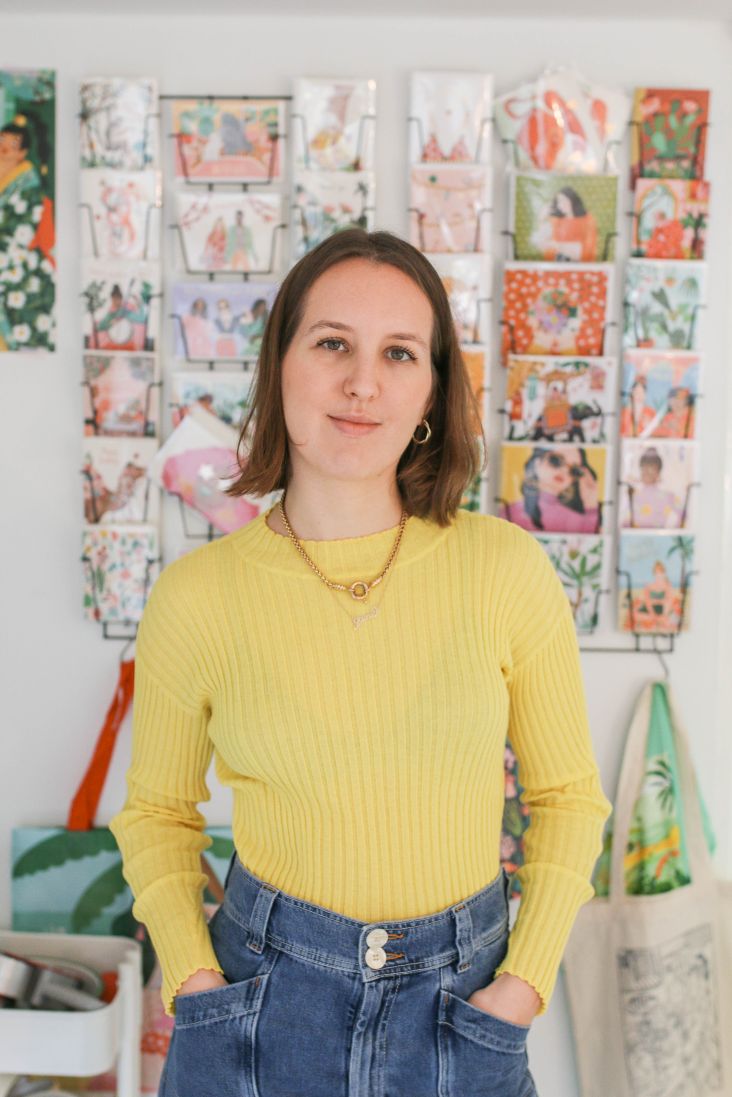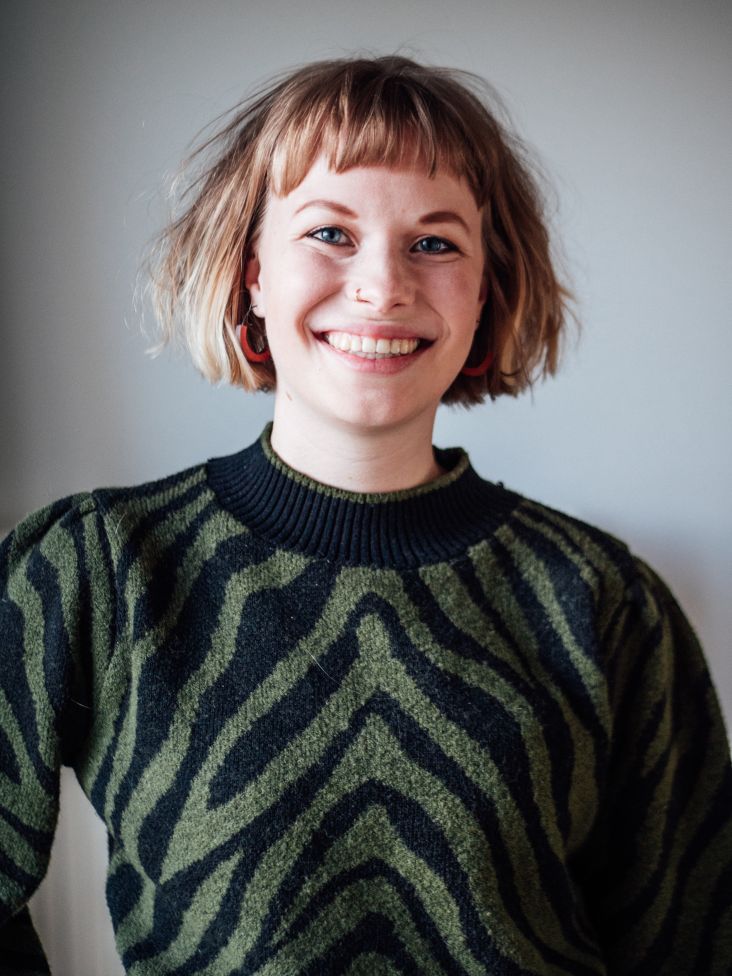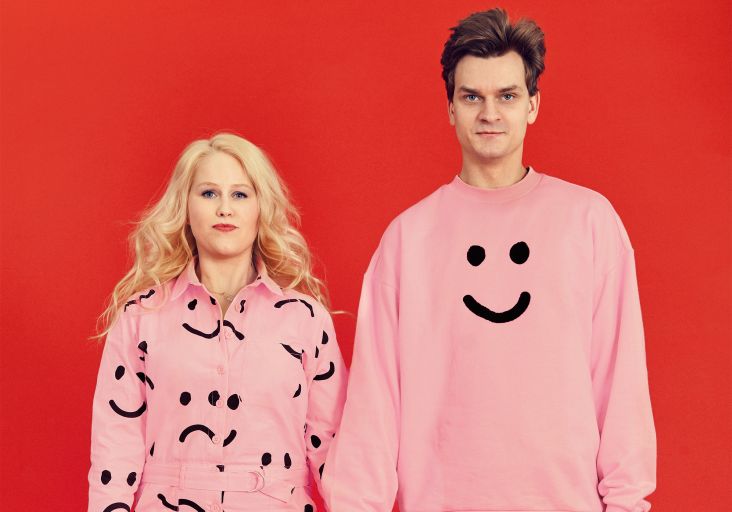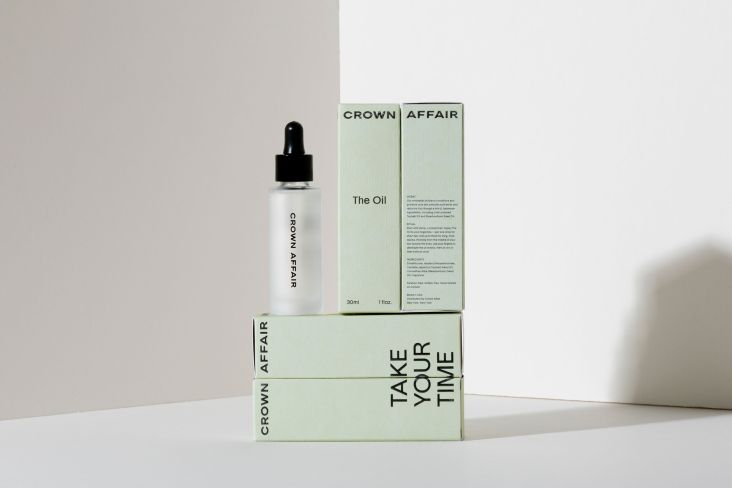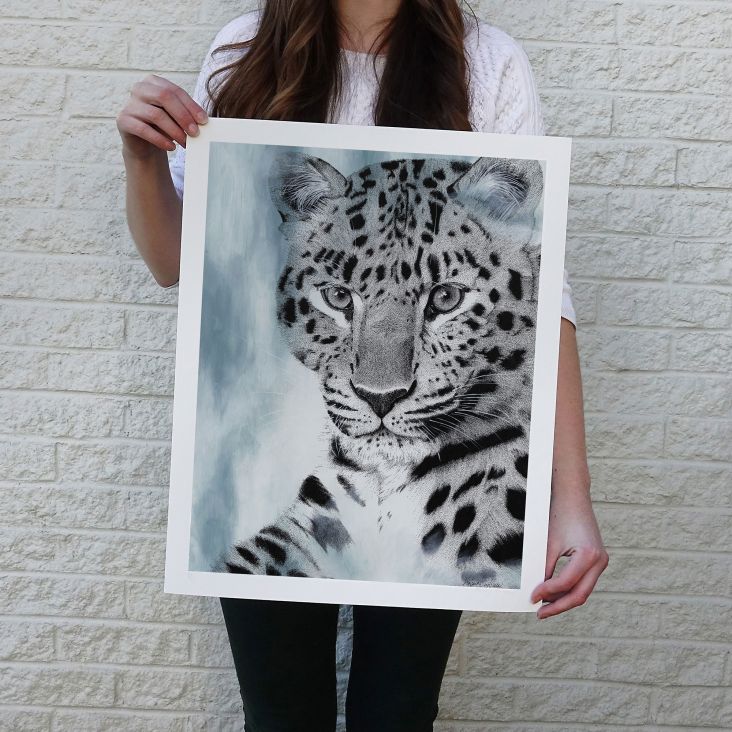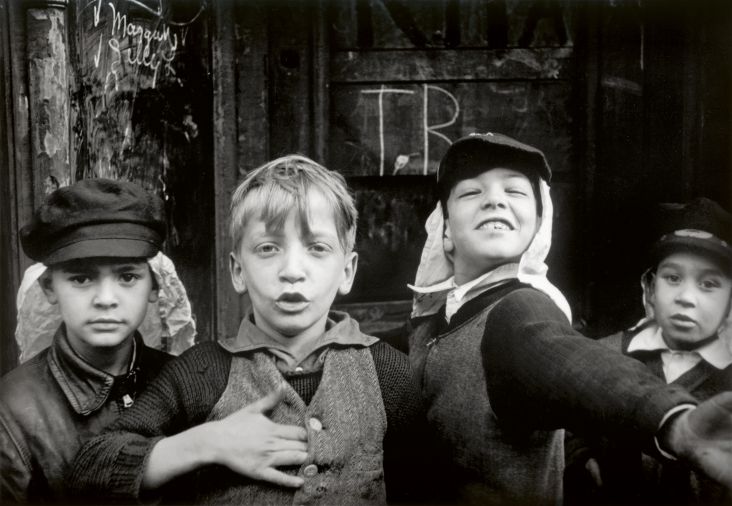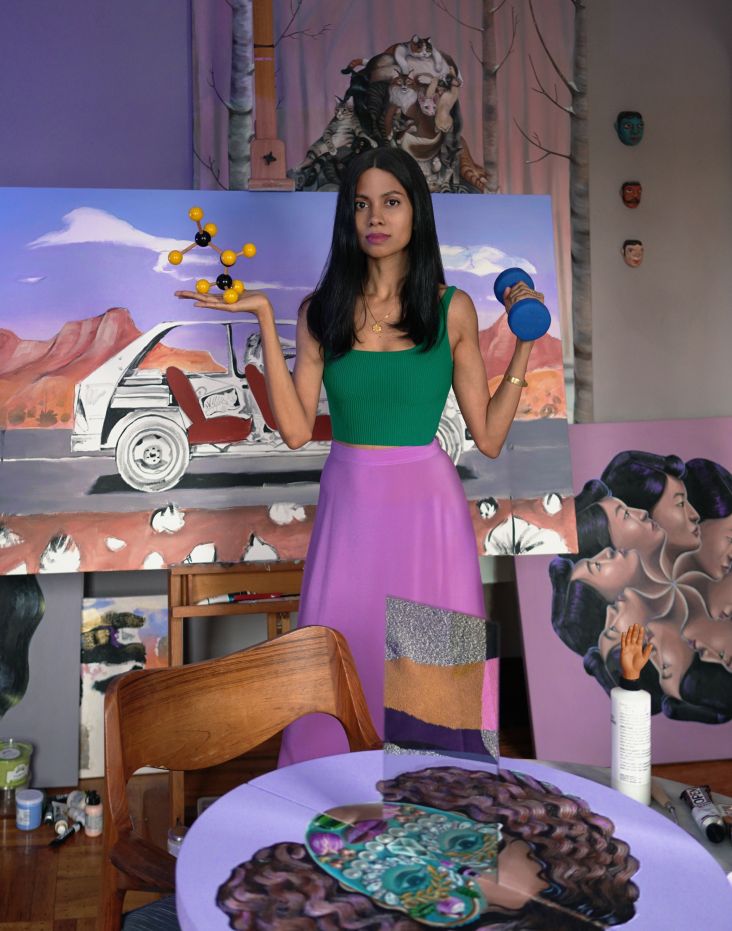Matt Saunders on freelancing, growing up in Northern England and why chaos is a friend of his
Matt Saunders is a freelance illustrator based in London, whose work is fantastical, atmospheric and full of drama and intrigue.
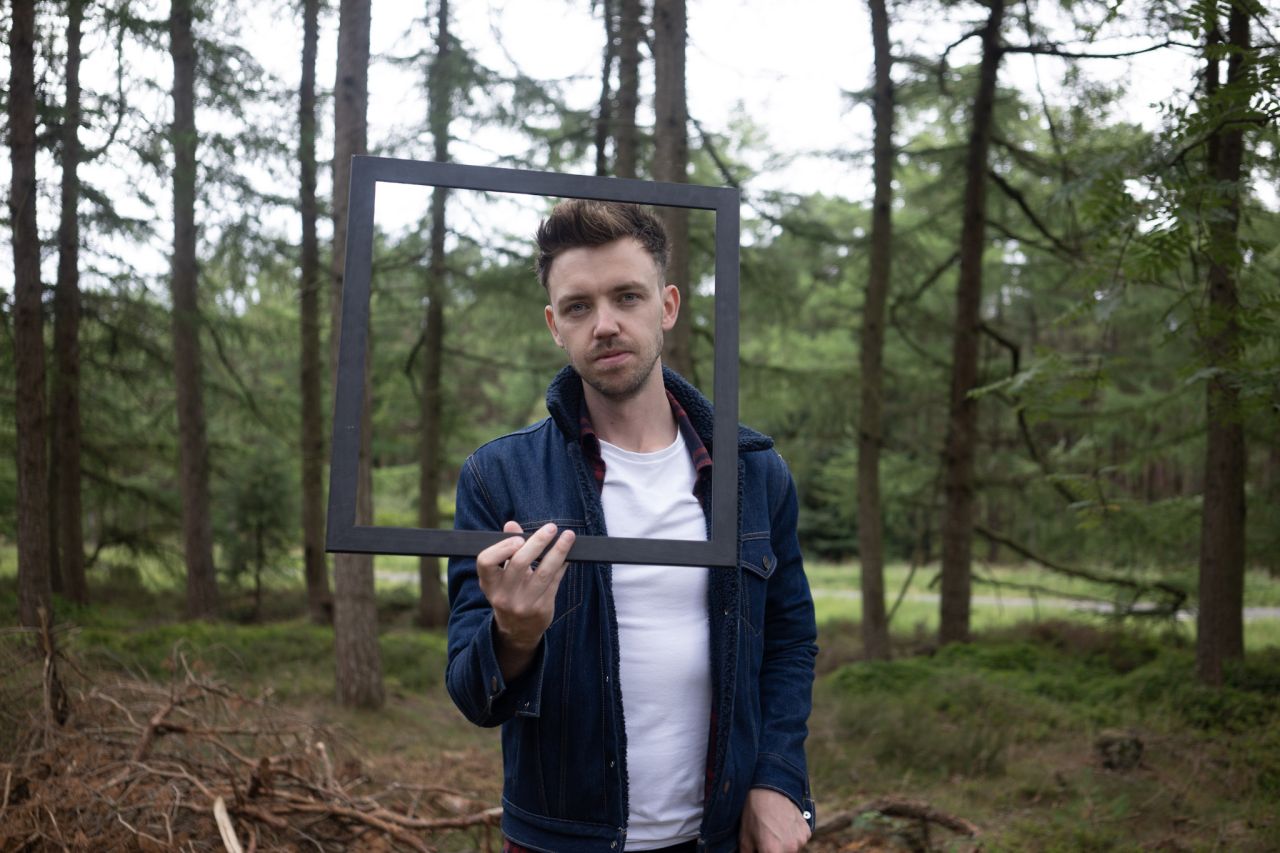
Represented by the much-loved Handsome Frank, he's worked extensively in the publishing, design and advertising worlds, creating everything from book covers to billboards for clients such as Airbnb, Nike, M&S, and Lucasfilm.
Matt recently collaborated with Studio Output on J.K Rowling's Pottermore to create illustrated scenes for The Sorting Ceremony online. He's also made bespoke editorial artworks for The Washington Post and Financial Times. We especially enjoy his ongoing series based on his recent trip to Japan. We caught up with Matt to talk about his career so far, his life in London and the highs and lows of freelancing.
What was your childhood like?
I grew up just outside of Manchester in a town that from memory looked like a post-L.S. Lowry painting. I found school quite tough, and I struggled, which was frustrating and got me into trouble. At the time things like dyslexia and ADD were not taken into consideration, and if a teacher didn't have the time for you, you were relegated to the "stupid" table.
I excelled at sports in school. Growing up in Manchester, football was life: you either bled red or blue – my family have always been Manchester United fans, and I was lucky to go to games and watch some of the greatest footballers to have graced the game. Namely, the King (Eric Cantanoa).
Sports and creativity were my outlets when I was younger. Music was also massive in Manchester at this time, and I had an older brother who would have mixtapes of Oasis, Happy Mondays, and The Smiths.
Films were also important as my generation were children of the VHS tape and my parents would take me every Friday to the local video shop, and I would spend hours picking out movies and looking at the horror illustrated posters (which were probably better than the movies). I was educated on cinema and watched anything that my dad liked, including Jason and the Argonauts, King Kong, Journey to the Centre of the Earth, Invaders From Mars, The Day the Earth Stood Still, Critters, Mad Max. I became obsessed with monsters and creatures. The early 1990s were awash with '80s movies that would circulate on TV.
So overall, a childhood full of monster movies, mixtapes and a king playing football sounds like a pretty good childhood.
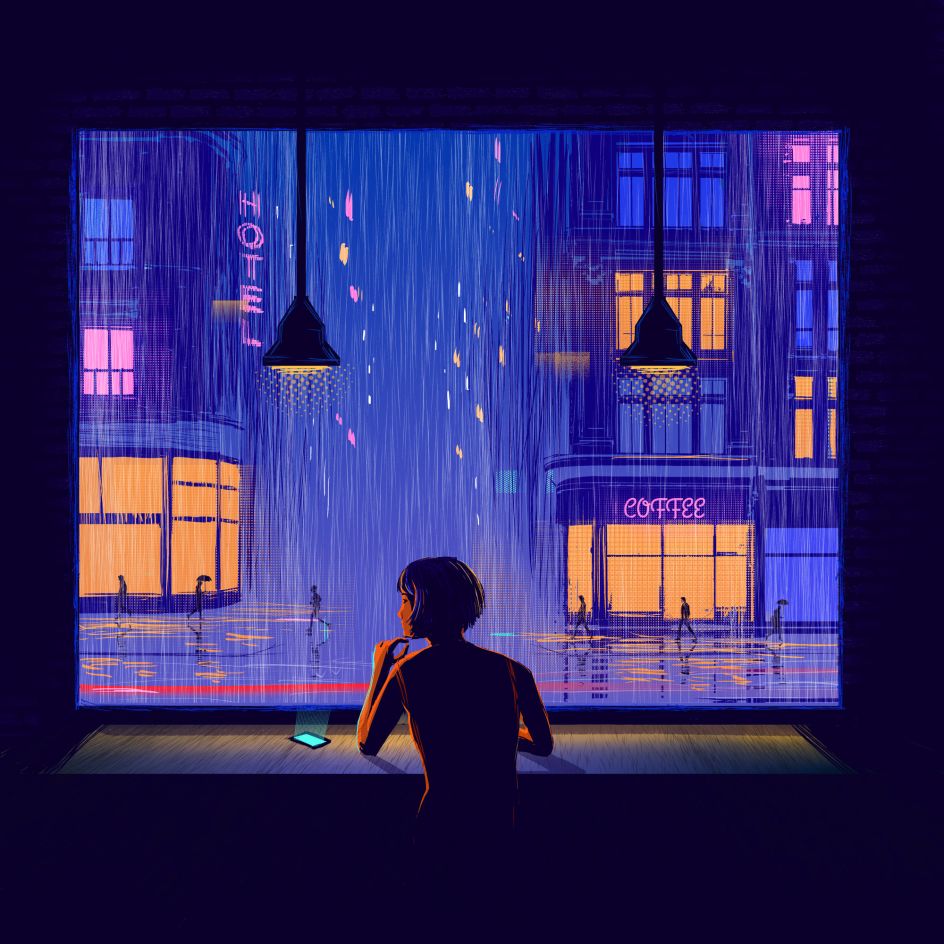
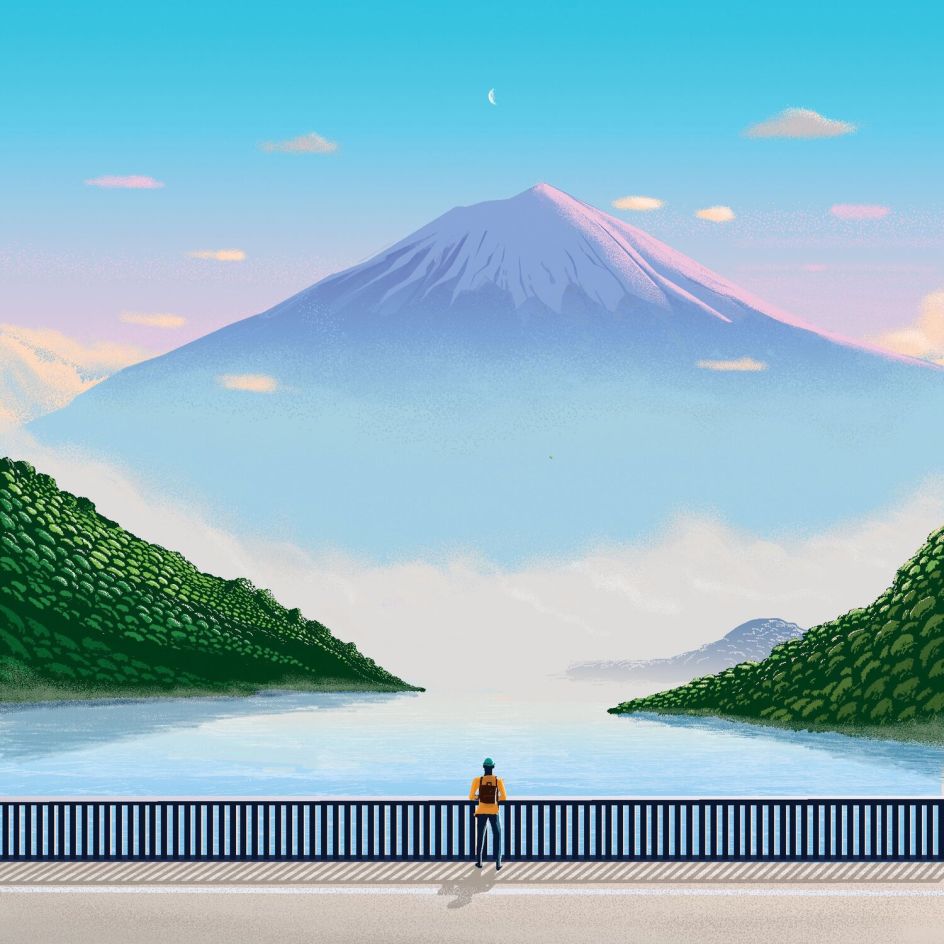
When did you realise you could make a living from being an illustrator?
When I graduated from university, I was working at a post-production company, and after six months the credit crunch meltdown kicked in, and I lost my job. Out of circumstance, I started my own business. It was only going to be temporary until I found another job. But with my motion graphics experience, I was able to make a living.
After four years, I decided I was going to move to London, and I thought that my motion graphics would eclipse the illustration, but illustration dominated where my income was coming from, and I just started to say no to motion graphics work. I think not explicitly training as an illustrator enabled me to have a specialised skill set which helped me to support myself early on.
This is something I would suggest to people starting: don't just jump into freelancing without some kind of alternative way to supplement your income. I know people will say follow your dreams and just do it, but I would always jump knowing you have some kind of parachute. And learning a skill that people are willing to pay you for could be vital to your survival early on.
Do you enjoy being in London? Does it inspire your work?
I have a conflicted relationship with London; sometimes, it drives me around the bend. But then it surprises you with new things and people from all over the world, with their interesting approaches to life. I like how I can disappear in London as everyone is far too busy in their own worlds to notice you, which suits my way of working.
I find more inspiration from places I travel too rather than where I live; I'm sure London has inspired my work and pushed my work in new directions. It has also made me appreciate where I come from and find inspiration in those places.
What do you miss most about "home"?
I do miss the space sometimes. If you find a bench in London that's quiet it might only last five minutes before another person will sit next to you or a pigeon will start pecking at your toes. Family as well – it would be nice to just pop round to my parents' or my brothers' and catch up, but I do try to take trips up north when I can. If I complain about the slight temperature change, my dad will now call me a "soft southerner".
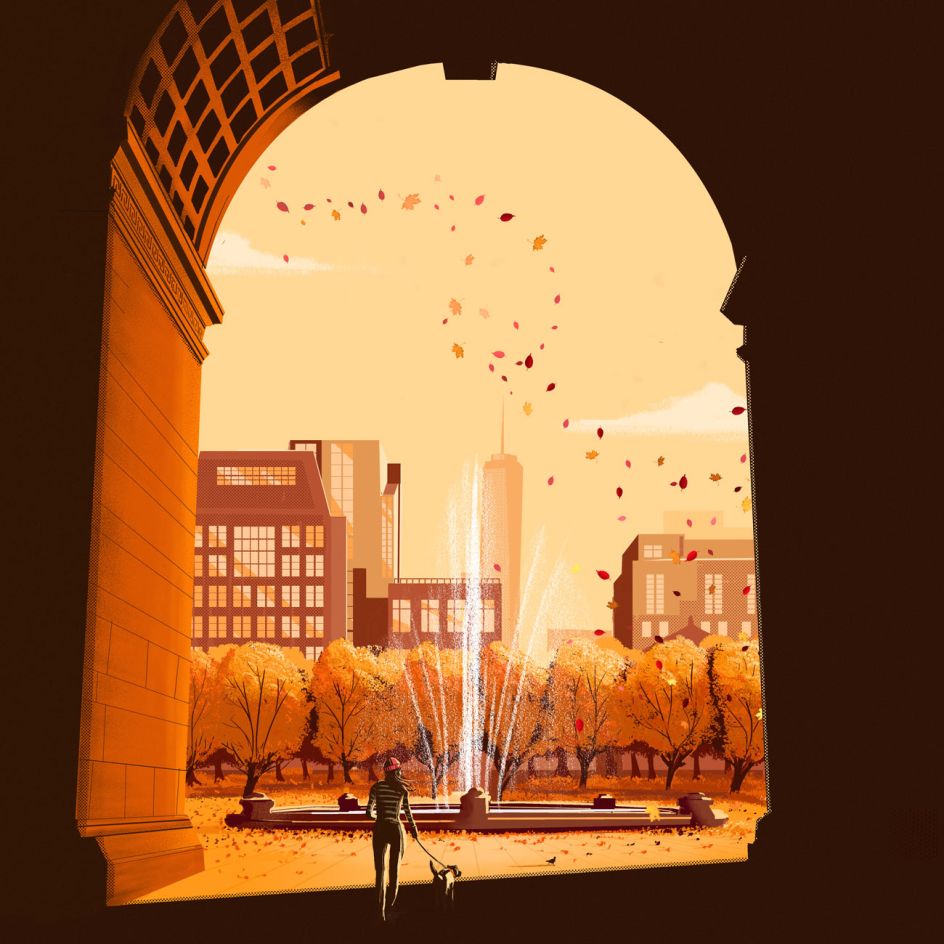

We're currently going through unprecedented times. How are you coping with the lockdown?
It's going to be the biggest challenge that I and most of the modern world has ever faced. I have worked through one recession, but a pandemic is something no blog, podcast or tweet can give anyone guidance on. It's choppy waters, and I'm trying to take each day as it comes. I'm not expecting to come out of this as a renaissance painter; I've already got enough pressure on as it is.
Aside from the current crisis, what other challenges have you faced and overcome?
I think moving to London was a tough transition but one that I'm glad I did. I had to raise my game as an illustrator to financially support myself. As my cost of living went up about three/four times and I was five years into freelancing at this point, so I could have derailed everything I built up, but I like that quote by Bob Dylan, "Chaos is a friend of mine".
I think shaking things up can make you grow in interesting and unexpected ways. I overcame the big move by studying my work and seeing the faults and areas I needed to improve and becoming aware of my own cliches. I think if you can identify things that you repeat, that's good, as you can try to push out of your comfort zones and try to diversify your portfolio.
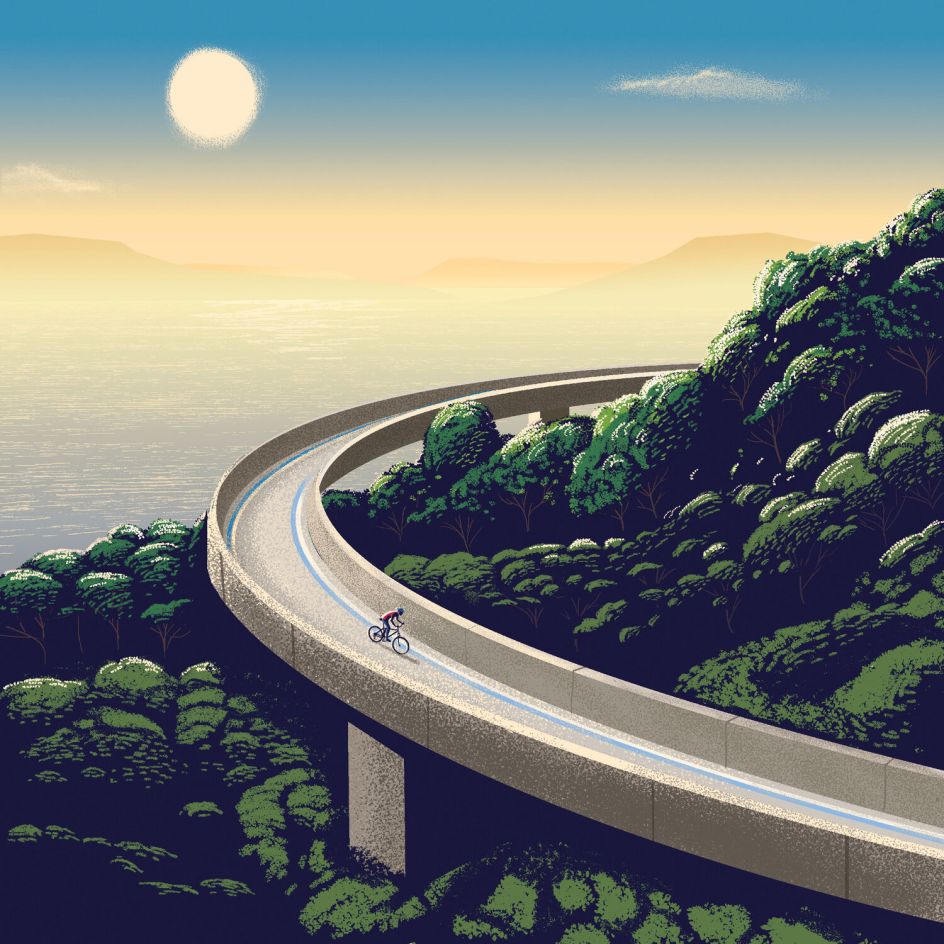
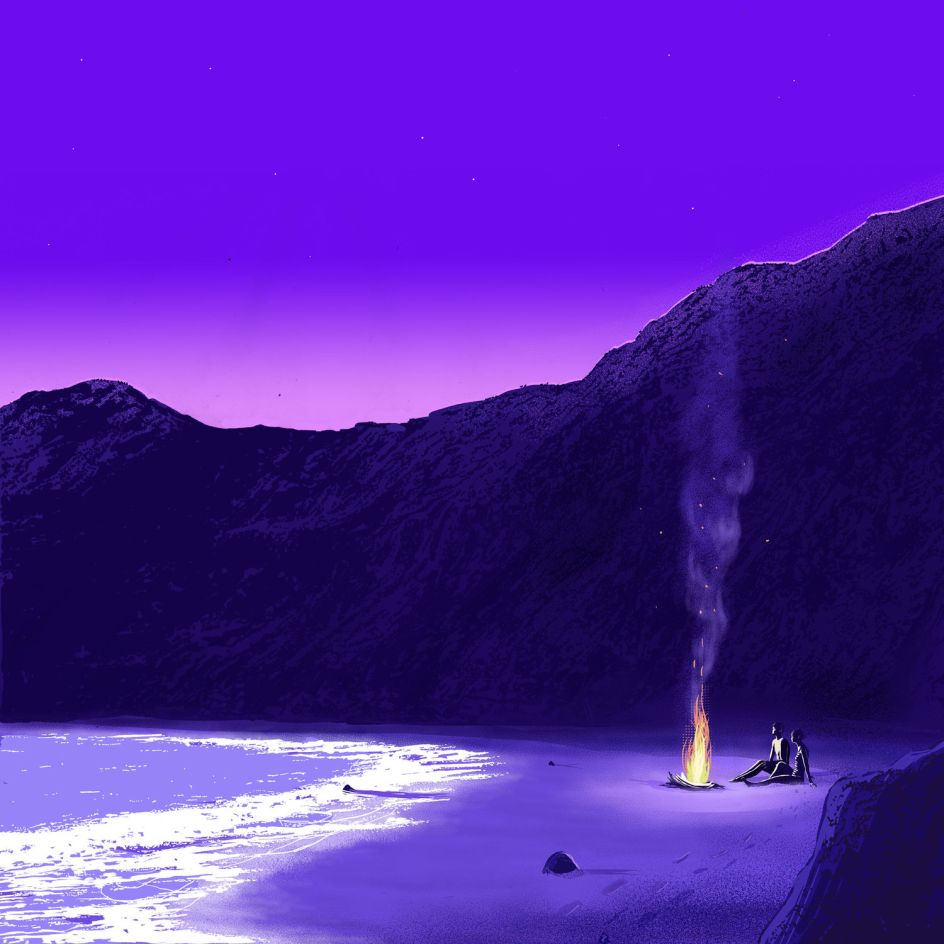
You sometimes animate your illustrations – is that with your brother?
I actually trained as an animator but Tom works full-time in this field working predominantly for Dr Who. We have always done projects together and when I was starting out I used to do quite a few music videos and I would always get Tom to work on them, as he can shoot as well. I would like to do more work with him in future and we have some things lined up.
What advice can you share with those hoping to follow in your footsteps?
Don't. In the words of Fleetwood Mac, "Go your own way".

















